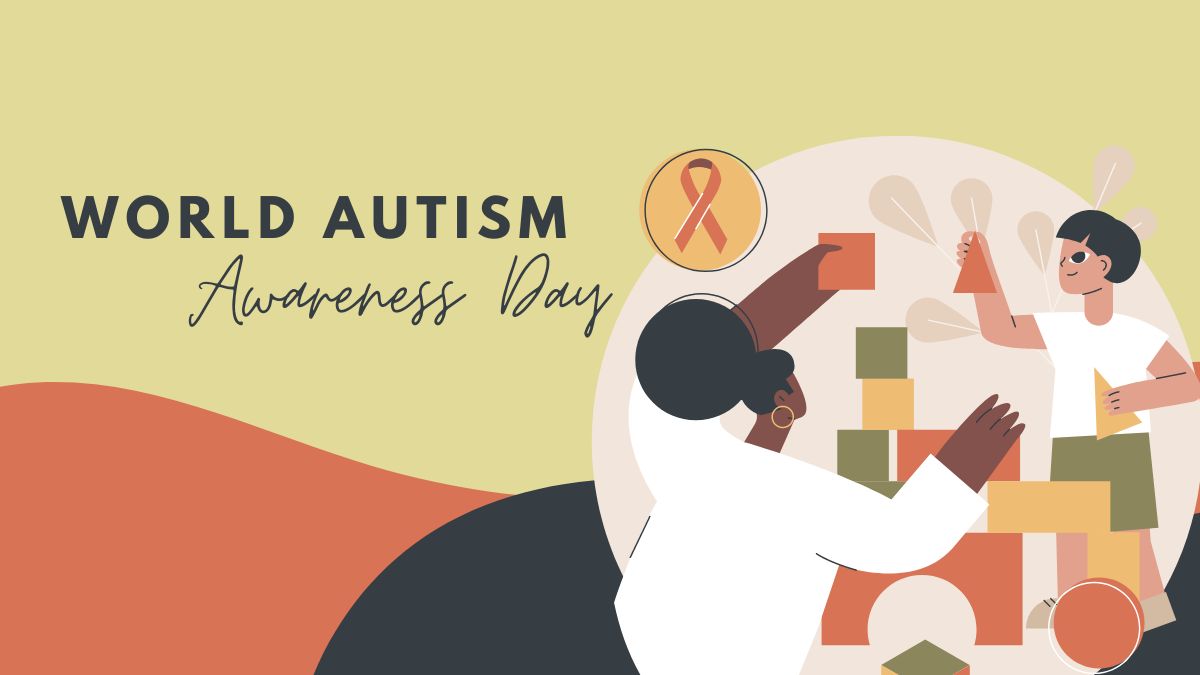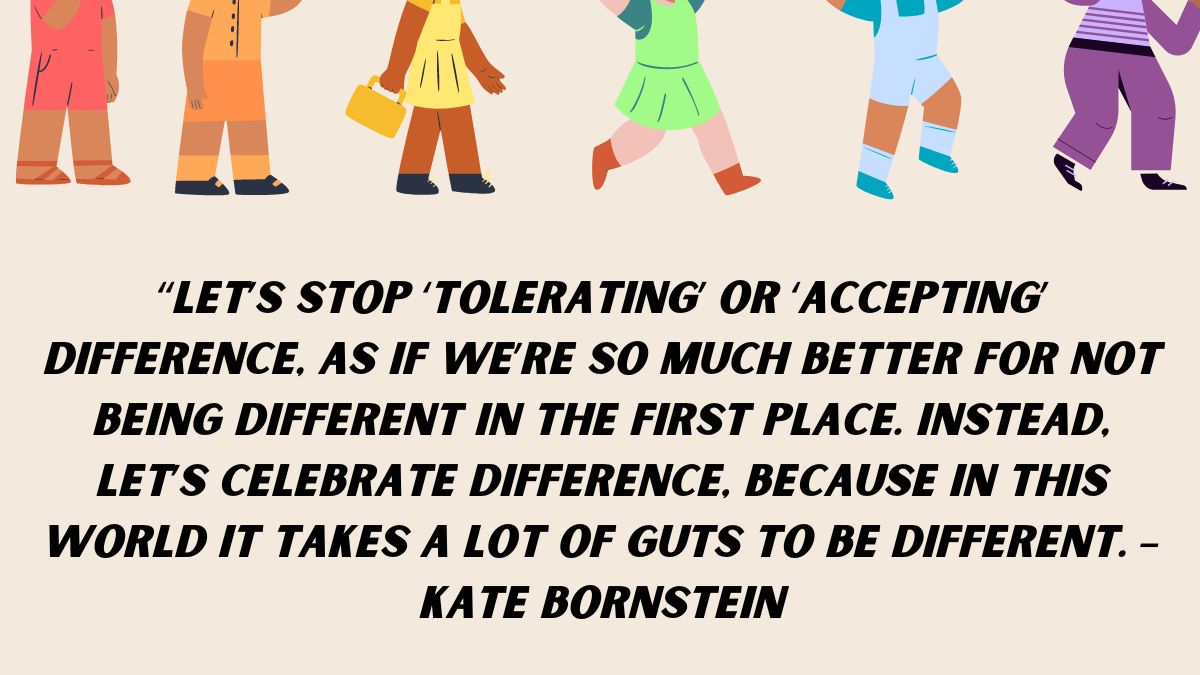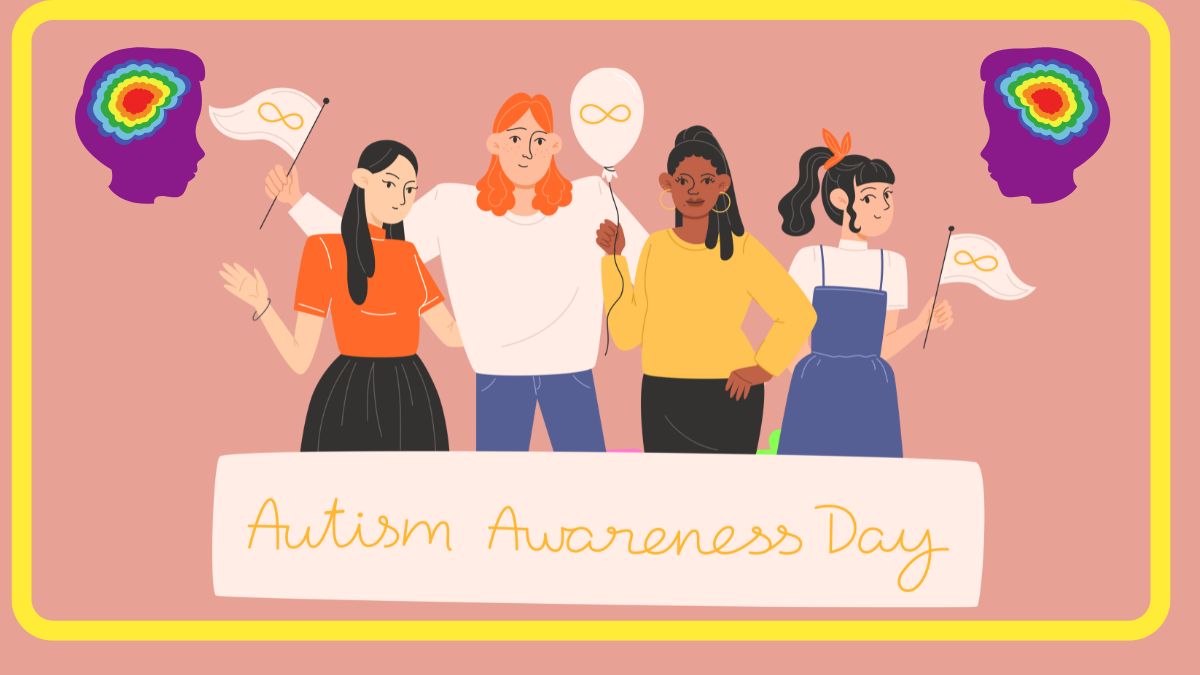- By Priyanka Munshi
- Tue, 02 Apr 2024 12:23 PM (IST)
- Source:JND
World Autism Awareness Day 2024: Adults with autism spectrum disorder (ASD) have difficulty interacting with others, communicating, and engaging in repetitive activities. Adults with ASD may encounter particular difficulties in their daily lives, relationships, and jobs. Still, a lot of people with ASD have good qualities as well, such as creativity, remarkable memory, and attention to detail. Better understanding and adjustments in many areas of life have resulted from advancements in the diagnosis and assistance of adults with ASD in recent years. Acknowledging the individuality of every person with ASD and the necessity of customised assistance and inclusion strategies is crucial for their success and well-being.
In a conversation with Jagran English, Dr. Vinay Goyal, who is a Chairman in Neurology and Neurosciences at Medanta in Gurugram, talked about how to manage autism spectrum disorder in adults and what its coping strategies are.
Autism Spectrum Disorder (ASD) is a neurodevelopmental condition characterised by social communication challenges, restricted interests, and repetitive behaviors. A recent study suggests that autism spectrum disorder (ASD) affects roughly 1% of children under 10 in India. This concerning statistic highlights a trend observed globally. According to a growing body of epidemiological research conducted over the past five decades, ASD prevalence appears to be on the rise worldwide.

World Autism Awareness Day is a global event aimed at raising awareness and understanding of autism spectrum disorder (ASD). (Image Credit: Canva)
While often diagnosed in childhood, ASD can persist well into adulthood, presenting unique challenges for individuals navigating work, relationships, and daily life. This article explores the realities of ASD in adults, delving into management and coping strategies that can empower them to thrive.
Recommended For You
What Is Autism Spectrum Disorder In Adults?
Adults with ASD may experience social difficulties like trouble interpreting nonverbal cues, initiating conversations, or understanding humor. Sensory sensitivities can also be prevalent, leading to discomfort in overwhelming environments. Additionally, repetitive behaviors or routines can provide comfort and a sense of predictability.
However, it's important to remember that ASD manifests differently in each person. Some adults may be highly independent, while others require more support. The core challenges, however, can significantly impact their well-being and quality of life.
What Are The Symptoms Of Autism Spectrum Disorder In Adults?
While the core challenges of ASD remain consistent across age groups, some symptoms may manifest differently in adults:
Childhood can translate into challenges navigating workplace politics or small talk at social gatherings in adulthood. Adults with ASD may struggle to understand nonverbal cues, leading to misunderstandings or awkward social interactions.
Repetitive Behaviors: Repetitive behaviors in children often involve toys or specific actions. In adults, these behaviors might take the form of strict routines at work, following a specific commute every day, or fixating on particular topics of interest.
Emotional Regulation And Overwhelm: Managing emotions can be a challenge for adults with ASD. They may experience meltdowns, characterized by outbursts of anger or frustration, or shutdowns, where they withdraw from overwhelming situations.
Sensory Overload: Sensitivity to noise, light, touch, taste, or smell can make daily activities overwhelming.

World Autism Awareness Day 2024 (Image Credit: Canva)
Difficulties With Transitions And Change: Adults with ASD may struggle to transition between tasks or adapt to unexpected changes. This can disrupt their daily routines and impact their ability to handle unforeseen situations at work or in social settings. Common Challenges Faced by Adults with ASD.
Social Isolation And Loneliness: Difficulty forming and maintaining friendships can lead to feelings of isolation and loneliness.
Employment Issues: Challenges with communication, social interaction, and inflexibility can hinder job performance and career advancement.
Anxiety And Depression: Difficulty managing stress and change can contribute to anxiety and depression.
Mental Health Comorbidities: Adults with ASD are more likely to experience co-occurring mental health conditions like anxiety, depression, and obsessive-compulsive disorder (OCD).
What Are The Management And Coping Strategies For Autism Spectrum Disorder In Adults?
Despite the challenges, there are effective strategies that adults with ASD can utilize to manage their condition and live fulfilling lives.
Self-Awareness And Acceptance: Understanding one's strengths and weaknesses associated with ASD is crucial for developing effective coping mechanisms.
Social Skills Training: Programs can teach skills like interpreting body language, initiating conversations, and maintaining friendships.
Cognitive Behavioral Therapy (CBT): CBT can help individuals with ASD manage negative thought patterns and develop healthier coping mechanisms for anxiety and stress.
Sensory Integration Therapy: This therapy aims to improve an individual's ability to process and integrate sensory information from the environment.
Assistive Technology: Utilizing tools like noise-canceling headphones, visual schedules, and communication apps can provide support in daily life.

“Autism is as much a part of humanity as is the capacity to dream.”-Kathleen Seidel (Image Credit: Canva)
Building A Support Network: Having a strong support system of friends, family, and professionals can make a significant difference in managing ASD.
Self-Care Practices: Prioritizing activities that promote relaxation and well-being, such as mindfulness meditation, exercise, and engaging in hobbies, is essential.
At last, Dr. Vinay said, Adults with ASD possess unique strengths and talents. By understanding their condition, adopting effective coping strategies, and seeking support, they can navigate life's challenges and achieve their full potential. Remember, ASD is a spectrum, and the path to successful management will vary for each individual. With the right support and a focus on personal well-being, adults with ASD can lead fulfilling and meaningful lives.






